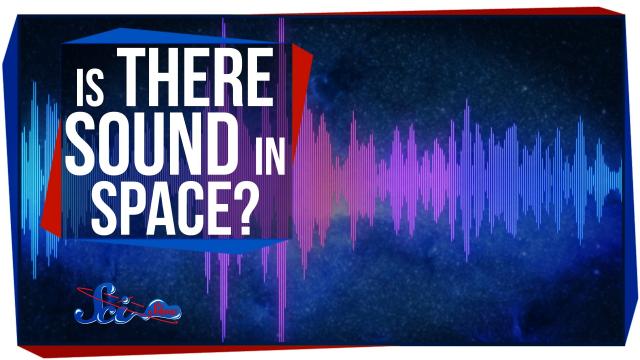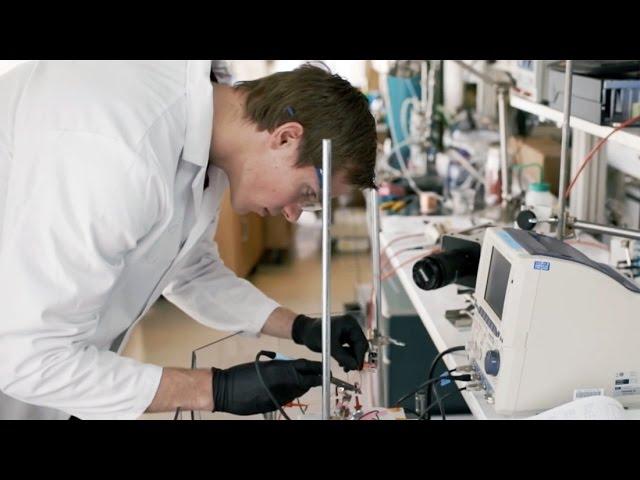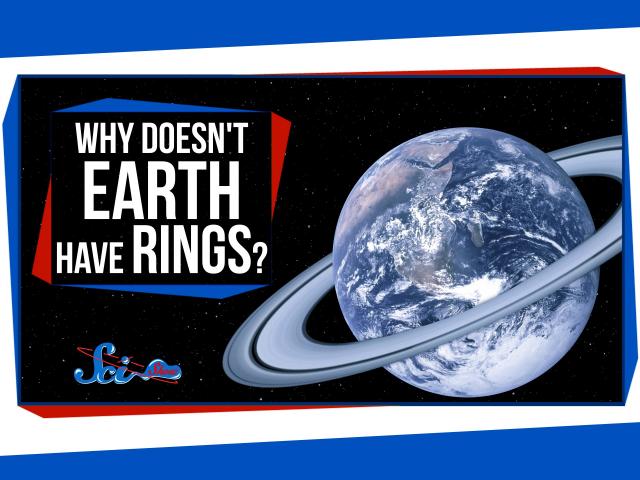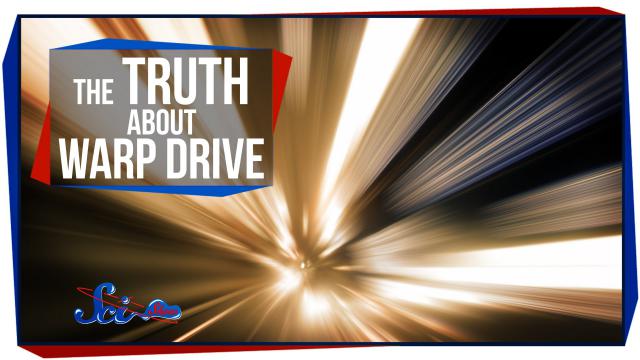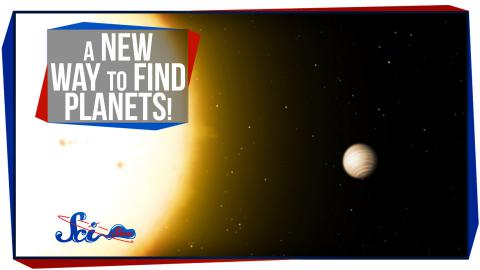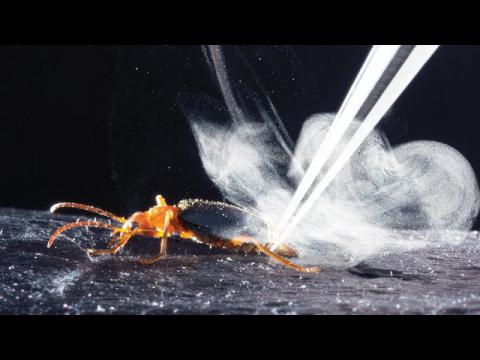Time Travel, Teleportation & Science
Time travel is the concept of moving between different points in time in a manner analogous to moving between different points in space, generally using a theoretical invention, namely a time machine. It has a commonly recognized place in philosophy and fiction, but has a very limited application in real world physics, such as in quantum mechanics or wormholes.
Although the 1895 novel The Time Machine by H. G. Wells was instrumental in moving the concept of time travel to the forefront of the public imagination, The Clock That Went Backward by Edward Page Mitchell was published in 1881 and involves a clock that allowed three men to travel backwards in time.[1][2] Non-technological forms of time travel had appeared in a number of earlier stories such as Charles Dickens' A Christmas Carol. Historically, the concept dates back to the early mythologies of Hinduism (such as the Mahabharata), Buddhism, and Islam through ancient folk tales. More recently, with advancing technology and a greater scientific understanding of the universe, the plausibility of time travel has been explored in greater detail by science fiction writers, philosophers, and physicists.
Teleportation, or Teletransportation, is the theoretical transfer of matter or energy from one point to another without traversing the physical space between them. It has a commonly recognized place in science fiction literature, film, and television, but as yet has a very limited application in real world physics, such as quantum teleportation or the study of wormholes.
Science (from Latin scientia, meaning "knowledge") is a systematic enterprise that builds and organizes knowledge in the form of testable explanations and predictions about the universe. In an older and closely related meaning, "science" also refers to a body of knowledge itself, of the type that can be rationally explained and reliably applied. A practitioner of science is known as a scientist.
In modern usage, "science" most often refers to a way of pursuing knowledge, not only the knowledge itself. It is also often restricted to those branches of study that seek to explain the phenomena of the material universe.
Source : Wikipedia
-
07:28

Thank you MIT: Members of The Class of 2015 say goodbye
Added 698 Views / 0 LikesThank you MIT: Members of The Class of 2015 say goodbye
-
01:48
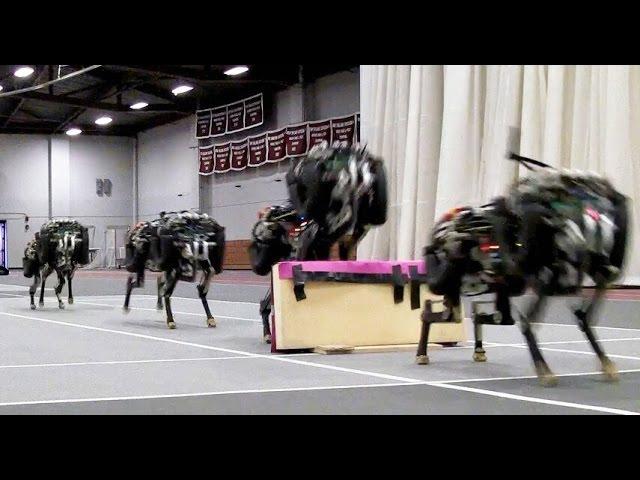
MIT cheetah robot lands the running jump
Added 713 Views / 0 LikesMIT cheetah robot lands the running jump
-
04:03
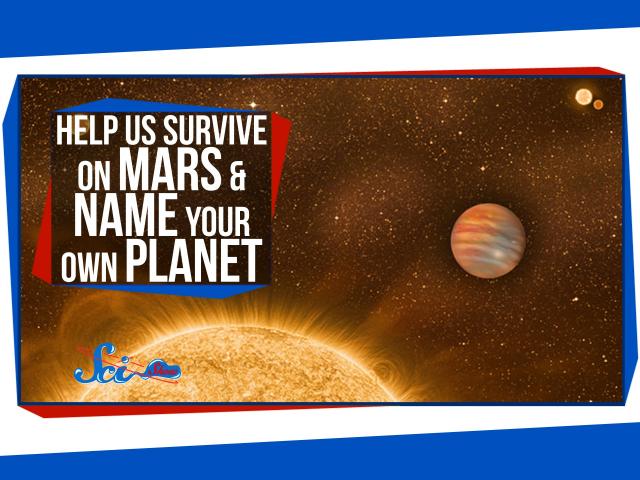
Help Us Survive on Mars, and Name Your Own Planet!
Added 786 Views / 0 LikesHelp Us Survive on Mars, and Name Your Own Planet!
-
04:55
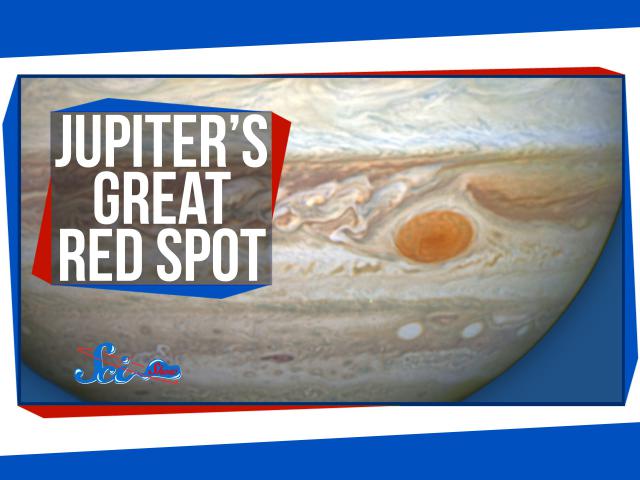
The Weirdness of Jupiter's Great Red Spot
Added 831 Views / 0 LikesThe Weirdness of Jupiter's Great Red Spot
-
09:18

1,2,3,4,5,6,7,8,9,10,11,12,13,14,15,16,17,18,19,20,21,22,23,24,25,26,27,28,29,30,31,32,33,34,35...
Added 625 Views / 0 Likes1,2,3,4,5,6,7,8,9,10,11,12,13,14,15,16,17,18,19,20,21,22,23,24,25,26,27,28,29,30,31,32,33,34,35...
-
04:58
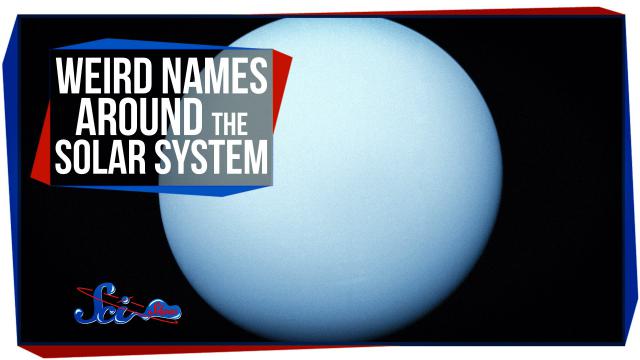
Weird Names Around the Solar System
Added 728 Views / 0 LikesWeird Names Around the Solar System
-
04:17
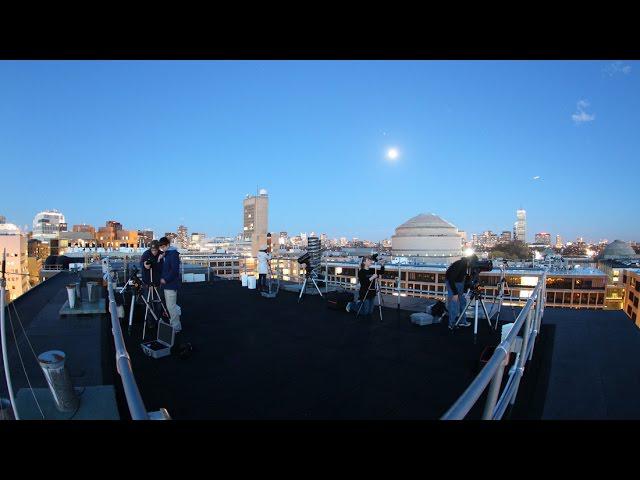
Observe@MIT: Observing the sky at MIT
Added 540 Views / 0 LikesObserve@MIT: Observing the sky at MIT
-
03:51
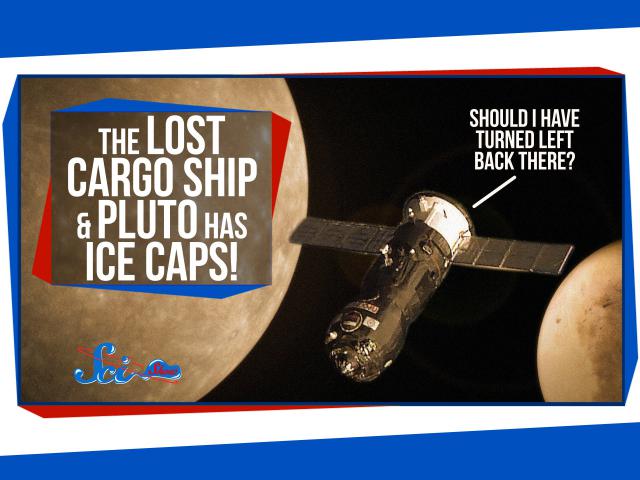
The Lost Cargo Ship, and Pluto Has Ice Caps!
Added 737 Views / 0 LikesThe Lost Cargo Ship, and Pluto Has Ice Caps!
-
03:57
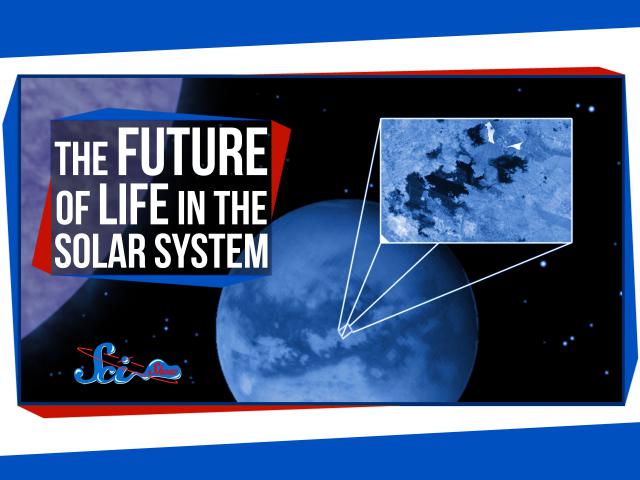
The Future of Life in the Solar System
Added 733 Views / 0 LikesThe Future of Life in the Solar System
-
04:30
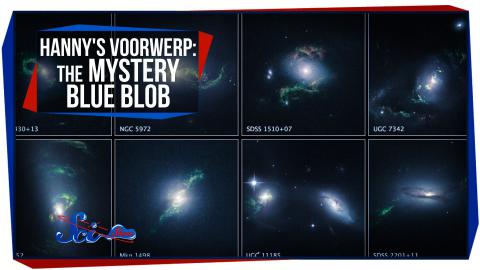
Hanny's Voorwerp: The Mystery Blue Blob
Added 685 Views / 0 LikesHanny's Voorwerp: The Mystery Blue Blob
-
04:09
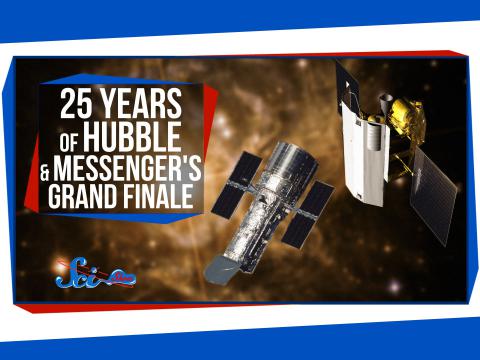
25 Years of Hubble, and MESSENGER's Grand Finale
Added 822 Views / 0 Likes25 Years of Hubble, and MESSENGER's Grand Finale

